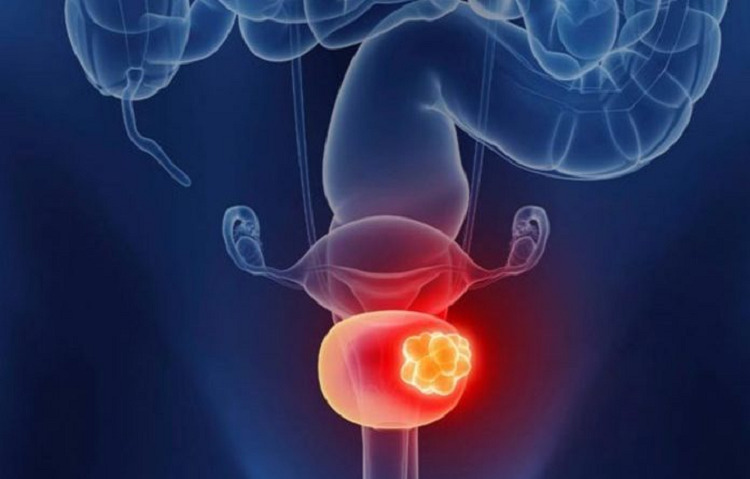Sogug and Roche release guidance for patients with bladder cancer

Compilation
To celebrate World Bladder Cancer Month, the Spanish Genitourinary Oncology Group (Sogug) and Roche Farma Spain have developed a Guide for Patients with Bladder Cancer, which aims to provide verified information approved by experts in this pathology. language understandable to any audience. Bladder cancer is the ninth cause of cancer death in men and the nineteenth in women. In our country, the number of new cases annually is 22,000, of which 18,000 are detected in men, being a tumor diagnosed, as a rule, in older people.
Symptoms of this type of tumor include: Dr. Martin Lázaro from the Department of Medical Oncology at the Alvaro Cunqueiro University Hospital in Vigo.emphasizes that “The presence of blood in the urine is the most common symptom. Other less common types include pain and discomfort when urinating, feeling the urge to urinate again at the end of urination, or urinating repeatedly and with a small amount of urine each time. “Other symptoms may also appear, such as fatigue, loss of appetite or weight in people with more advanced disease, and other signs based on the location of the metastases, such as bone pain.”


“The purpose of this guide is to bring patients closer to their disease and help them understand each of the steps they will encounter in the process.”
According to experts, having accurate information undoubtedly helps these people cope better with the disease. Therefore, the purpose of this manual, as explained in Dr. Veronica Calderero from the Department of Medical Oncology at the General University Hospital of San Jorge in Huesca., “It is to bring the patient closer to his disease and help him understand each of the stages that he will have to face in this process.”.
Goal of treatment for bladder cancer It is not only about achieving the best results, but also about guaranteeing the patient a higher quality of life. In this context, Dr. Calderero emphasizes the importance of interdisciplinary work: “Throughout the treatment journey of patients with bladder cancer, they will need the help of different specialists. Hence Coordinated cooperation between them will allow us to obtain the best results and offer the patient complete and high-quality care.“
“It is very important that all specialists involved intervene from the moment of diagnosis and in the early stages of the disease to choose the best treatment.”
Regarding interdisciplinary work, Dr. Gonzalez del Alba emphasizes that it is important for patients to “all specialists involved intervene from the moment of diagnosis and in the early stages of the disease to choose the best treatment. Therefore, coordinated work between the urologist and the oncologist is necessary from the moment of diagnosis.”
In its turn, Dr. Begoña Mellado, from the Medical Oncology Service of the Hospital Clinic of Barcelona., mindfulness teacher and director of the Oncor program “Mindfulness in Oncology”, commented on this “Participation in mindfulness programs has been shown to improve emotional well-being, reduce anxiety and depression, and improve quality of life for people with cancer. Through mindfulness, skills are developed that can help better cope with the difficult emotions that a person diagnosed with bladder cancer may experience, improving the relationship with the disease, promoting gentle acceptance and self-care.”
“It is important that the public knows that this disease exists and that in the vast majority of cases it can be cured.”
Despite the frequency of occurrence of this tumor, it is a pathology unknown to the population. “Important, that society knows about the existence of this disease, and also that in the vast majority of cases it is curable. In this sense, patient associations are a fundamental resource, since being able to connect with people who have been through the same situation as you goes a long way towards helping you accept and better understand the whole process.”emphasizes Dr. Lazaro.
